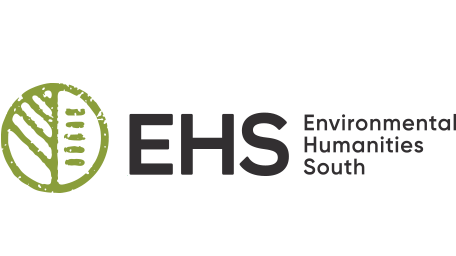CZA Malawi team wins SFA Community Public Engagement grant

The Science for Africa Foundation, from 19 - 24 January 2025, brought together participants from Malawi, Kenya, Zimbabwe, Tanzania, South Africa, the Democratic Republic of Congo, Ivory Coast, and Morocco to build a common understanding, and to communicate tenets for managing community engagement grants in the areas of forest management, livestock management, mental health, and general health. The participants included postgraduate students from different SFA Foundation funded consortias, post-doctoral professionals and academicians, consortium leaders, and many more. mpho ndaba (South Africa) and Dr. Paul Falakeza Fatch (Malawi) represented the Critical Zones Africa project, with Dr Fatch being the lead representative for the Dzalanyama Forest Reserve community engagement project titled: Community Engagement for Mindset and Behavioural Change to Reverse Deforestation and Degradation of Dzalanyama Forest Reserve.
The Dzalanyama Community Engagement project is a two-year endeavor spearheaded by the Critical Zones Africa Malawi team, based at Lilongwe University of Agriculture and Natural Resources (LUANAR), which forms part of the CZA Malawi team, to enhance institutional support towards mindset and behavioral change amongst communities and actors in and around 935 square kilometres. Dzalanyama Forest Reserve Area in central Malawi. The forest reserve is dwindling at an alarming rate, destroying plant, animal, soil and water resources along with livelihoods dependent on the forest. “Dzalanyama”, translated as “full of wild animals”, reminds of a rich historical past in which the forested area was home to myriad species & numbers of wild animals (Munthali & Murayama, 2011).
According to Katumbi et al (2017), perceived drivers of deforestation and forest degradation in Dzalanyama by respective percentages of communities were: production of charcoal (40%), production of firewood, (32%), production of timber (11%); and expansion of agriculture land (4%). Due to the alarming rate and status of deforestation, there were attempts by different stakeholders to reverse the deforestation and degradation of Dzalanyama Forest Reserve, including promotion of alternative livelihood options, and forestation for energy and industrial use. In fact, in the second decade of the 21st century, the military was roped in to contain deforestation.
With this SFA Foundation-funded project, LUANAR intends to harness, innovate, accelerate, and scale solutions towards restoring Dzalanyama Forest Reserve. This will be done through the use of radio and related media products as platforms for deepening community and stakeholder engagement for mindset and behavior change towards the use of alternative livelihood options and compliance to rules and regulations to reverse deforestation of Dzalanyama Forest Reserve while developing a community engagement model for forest and utilisation management transformation.
The project will involve the engagement of community members, champions who stopped deforestation activities, forest officials, agriculture officials, local leaders, forest and forest-related industry players, students, and LUANAR staff and producing radio and other media products from the engagements. Envisaged results include use of alternative sources of income amongst 30 percent of targeted (450) households currently relying on Dzalanyama Forest Reserve and the reduction of charcoal and firewood production from Dzalanyama Forest reserve by 20 percent amongst the 450 households while disseminating lessons to over one million similar community members in Malawi and beyond.
Phase two (2025 to 2026) Community Engagement projects were boosted by the January 2025 Nairobi inception workshop in which participants presented their projects, received advice, and improved their project designs. Apart from the technical design, there was a particular focus on finance management, monitoring, evaluation, and learning, as well as visibility. There was also an opportunity to learn from three presenters who joined virtually to share experiences from phase one community engagement projects. The workshop covered interesting insights on community engagement including:
- How do we bridge the gap between science and society through science communication?
- What are the controversies and uncertainties faced by science? What are the social and moral questions?
It was emphasised that the community engagement initiative should use a mixture of the knowledge deficit model, contextual model, lay expertise model, and public engagement model. These are reflected in community engagement tenets such as dialogic interactions, transparency and accountability, relatability, seeking perspectives, mutual learning, inclusivity, and active participation by all those involved in and affected by the problem being addressed. The SFA Foundation staff and fellow grantees provided valuable solutions to some of the common problems that are faced in community engagement. These include failure to identify crucial stakeholders early enough; raising unnecessary expectations amongst community members; inadequate adherence to ethics since some of the contents will involve very personalised information; and gaps in use of various digital and personal platforms and forums for effective engagement.
From this inception workshop, participants came out energised, encouraged, and well-networked to ensure the success of the community engagement. It was clear that success would emanate from further lesson-sharing throughout the project and being as efficient and thoughtful as possible in every task.
